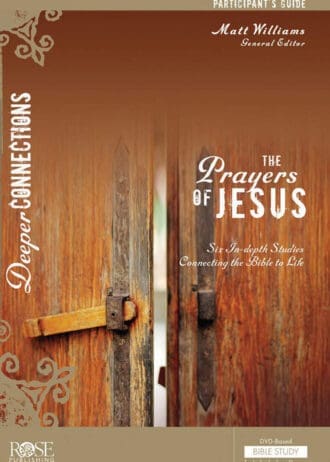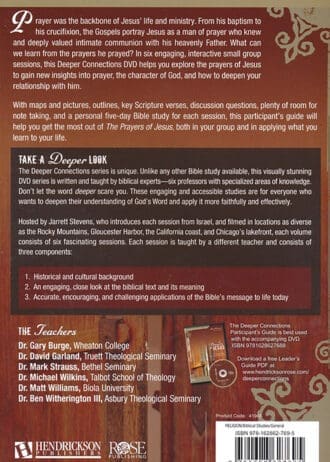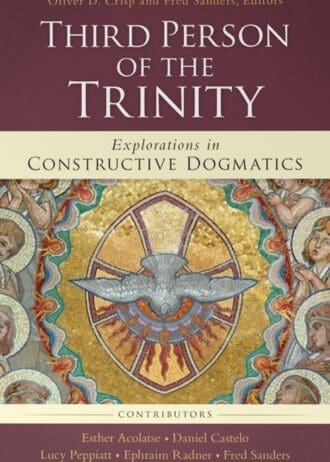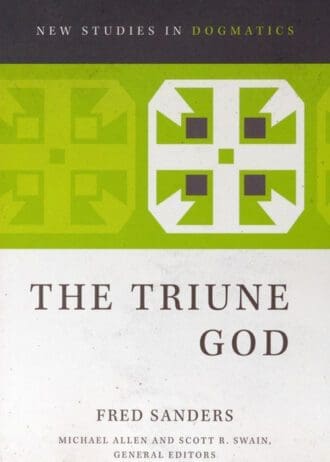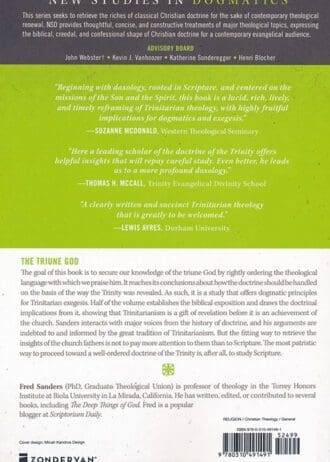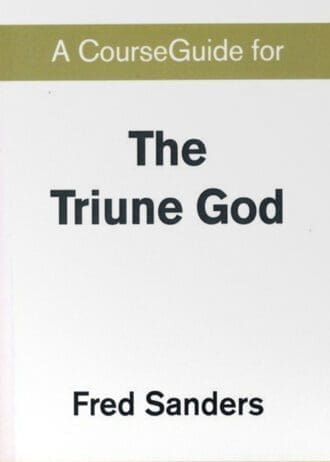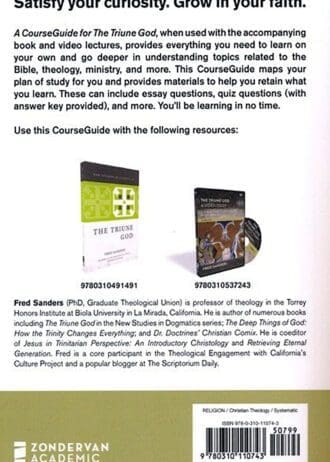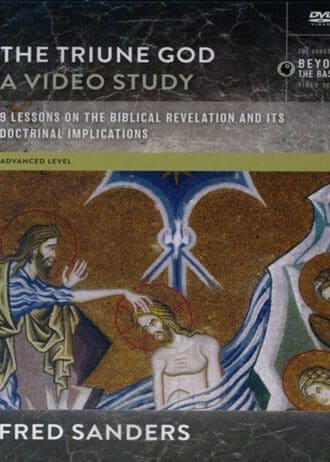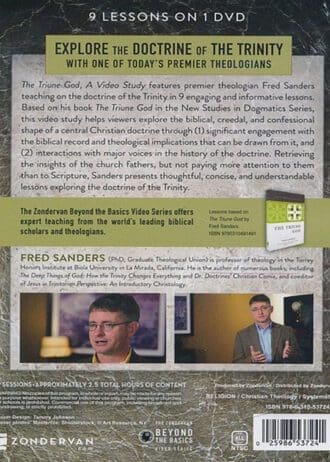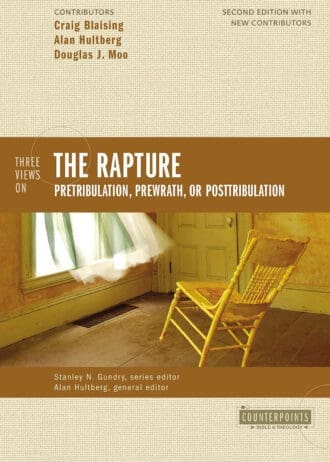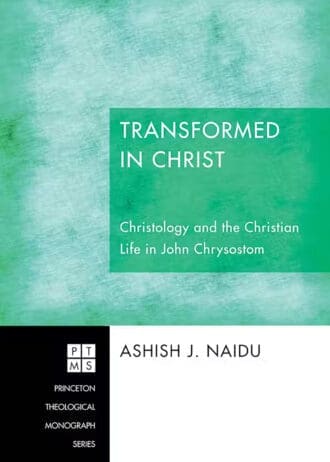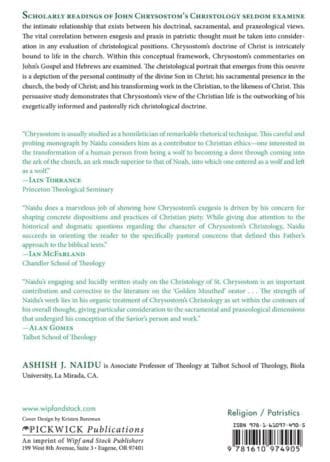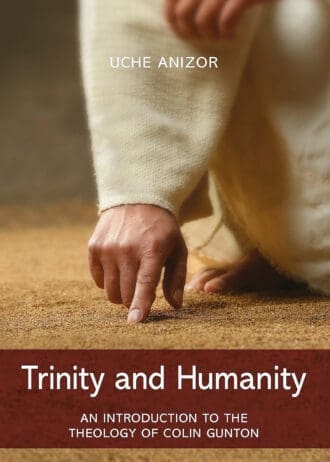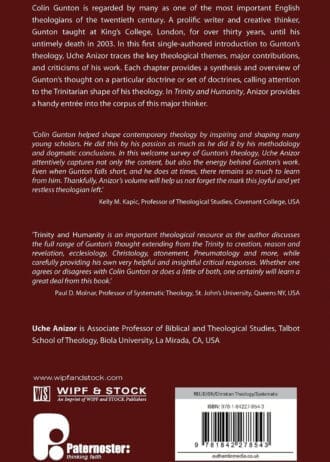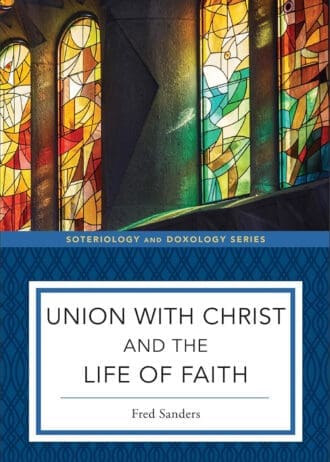The Prayers of Jesus – Participant Guide
This is the Participant Guide that accompanies the Prayers of Jesus 6-Session DVD. Prayer was the backbone of Jesus’ life and ministry. From his baptism to his crucifixion, the Gospels portray Jesus as a man of prayer who knew and deeply valued intimate communion with his heavenly Father. What can we learn from the prayers he prayed? In six engaging and interactive small group sessions, this Deeper Connections DVD study explores the prayers of Jesus, revealing new insights into prayer, the character of God, and your relationship with him. Unlike most Bible studies available, each session begins in Israel, making it easier to experience and understand the cultural background of key events. This dynamic and easy-to-understand study is written and taught by biblical experts with specialized areas of knowledge. The DVD curriculum is available and comes with a downloadable leader guide—so anyone can lead this study!

